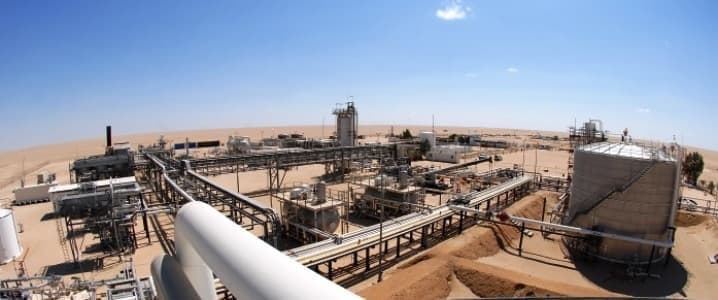Libyan Oil Minister Temporarily Steps Aside

Mohamed Oun said this week he would temporarily stop working as Libya’s Oil Minister, seeking clarification from the prime minister about his job as the role has become volatile since Oun was removed amid an investigation in March and later reinstalled in May.
Oun wants Abdul Hamid Dbeibeh, the prime minister of the internationally-recognized Government of National Unity in Tripoli, to resolve the issue by either allowing him to perform his duties as oil minister or dismissing him in accordance with the applicable laws and legislation.
Oun issued a video statement in which he said that the prime minister assigned on Tuesday an oil and gas deputy minister “to continue running the oil and gas ministry until further notice, despite my actual presence at the Ministry.”
So, Oun said that he would be stepping aside and the situation should be resolved in either of the ways to avoid confusion in oil sector operations.
“I am not resigning as oil minister,” Oun told Energy Intelligence on Thursday, noting that this is a temporary suspension based on “my own initiative.”
“[The current situation] … causes an unclear picture in the administration of the sector with the presence of a legitimate and illegitimate minister,” Oun said at the end of June.
Oun’s role hasn’t been entirely clear since he was removed at the end of March due to an ongoing investigation into allegations of oil smuggling and mismanagement.
At the end of the probe in late May, Oun was cleared of the allegations and resumed his position.
“His Excellency the Minister of Oil and Gas Eng. Mohamed Mohamed Aoun began this morning his duties at the Ministry of Oil and Gas’’, the Ministry said in its announcement in May, as carried by the Libyan Herald.
Developing Libya’s oil and gas reserves is hindered by intense political rivalry that has led to a standoff between the Tripoli-based Government of National Unity and the Benghazi-based Eastern government in the stronghold of General Khalifa Haftar. Both rivals and their various militias and factions are competing for control of the country’s vast oil wealth.




